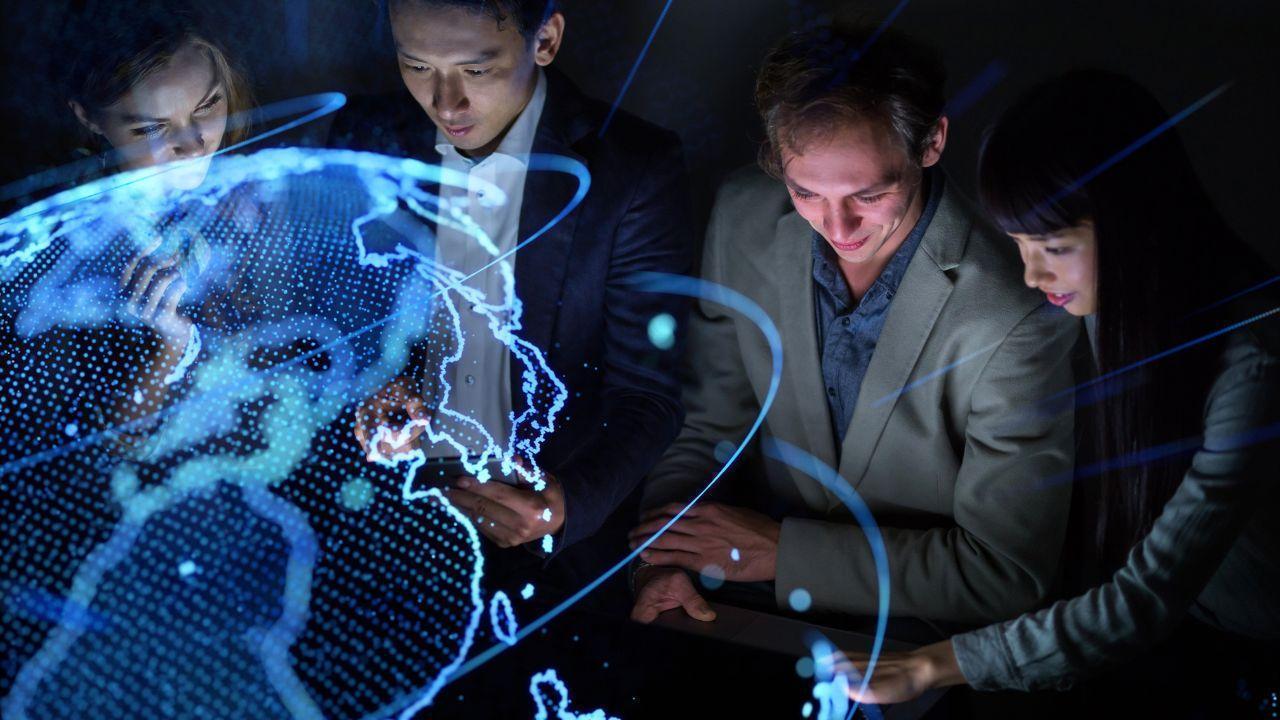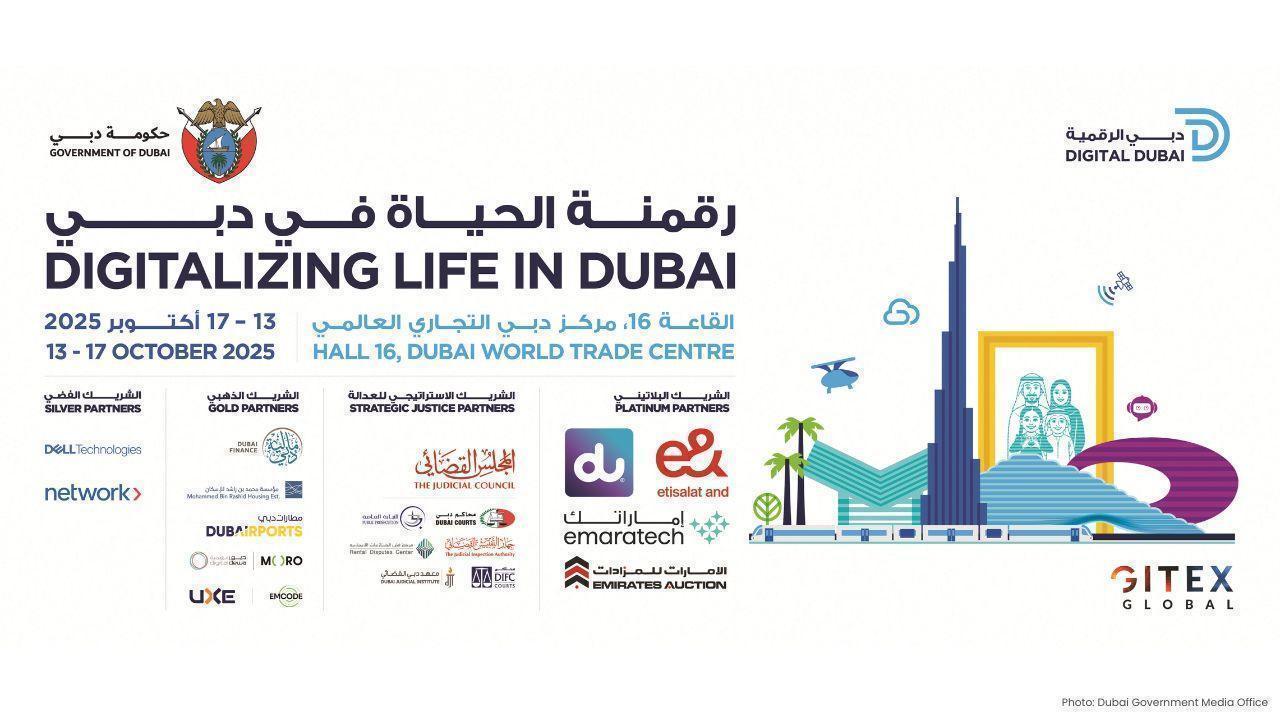
Post by : Vansh
In a rapidly changing world, global diplomacy has become one of the most powerful tools shaping the future of nations. Once defined by ceremonial exchanges and peace treaties, diplomacy now encompasses trade negotiations, climate talks, digital security, and humanitarian missions. Nations constantly move between alliances and tensions, balancing cooperation with rivalry. Understanding this delicate balance is essential to making sense of international relations in the 21st century.
Historically, diplomacy was the foundation of peaceful coexistence among empires and kingdoms. From the Treaty of Westphalia in 1648, which introduced the concept of sovereign states, to the Cold War’s tense summits between the U.S. and the Soviet Union, diplomacy has always been about managing conflict without direct confrontation. Today, it has evolved into a multi-layered practice involving not only governments but also corporations, international organizations, and civil society groups.
Alliances remain the backbone of global stability. Organizations such as NATO, the European Union, and ASEAN highlight how nations come together to address shared challenges, whether in defense, trade, or regional security. These alliances strengthen collective bargaining power, create economic opportunities, and serve as deterrents against aggression.
For instance, NATO’s coordinated defense strategies demonstrate how military alliances can protect member states, while trade partnerships like the USMCA or RCEP showcase how economic diplomacy builds bridges. These cooperative efforts reveal the positive face of international relations, where collaboration brings growth and security.
While alliances foster cooperation, rivalries highlight the fragile nature of geopolitics. The U.S.-China trade war, Russia’s military interventions, and ongoing territorial disputes in regions like the South China Sea illustrate how quickly diplomacy can shift from dialogue to confrontation. Sanctions, tariffs, and military maneuvers often replace conversations, signaling the breakdown of trust between nations.
These tensions not only destabilize regions but also have global consequences, such as energy shortages, supply chain disruptions, and humanitarian crises. At times, tensions even emerge within alliances, as seen in disagreements within the European Union over immigration, fiscal policies, and defense spending.
Technology has transformed diplomacy into a fast-paced, interconnected process. Cybersecurity, artificial intelligence, and digital infrastructure have become focal points of global diplomacy. Countries compete to dominate technological innovations like 5G networks, renewable energy technologies, and space exploration.
At the same time, technology has created new vulnerabilities. Cyberattacks and digital espionage are now tools of modern statecraft, adding complexity to diplomatic negotiations. Social media platforms also play a role in shaping global perceptions, with governments using them for public diplomacy and, at times, propaganda.
Diplomacy today is not confined to political and economic matters. Climate change, humanitarian aid, and global health are central to modern international relations. Agreements such as the Paris Climate Accord highlight how nations must cooperate to address existential threats.
Similarly, humanitarian diplomacy has gained prominence, particularly in addressing refugee crises, natural disasters, and global health emergencies like COVID-19. These issues transcend national borders, making diplomacy the only effective way to find solutions that benefit humanity as a whole.
The rise of emerging economies such as India, Brazil, and South Africa has reshaped geopolitics. These nations, through organizations like BRICS, challenge the dominance of traditional Western powers and call for reforms in global governance. Their growing influence ensures that diplomacy is no longer dominated by a handful of nations but reflects a more diverse and multipolar world.
This shift also brings new alliances and partnerships. Regional organizations in Africa, Asia, and Latin America are becoming increasingly influential in setting the diplomatic agenda, reflecting the importance of inclusivity in shaping global decisions.
One of the greatest challenges in modern diplomacy is balancing trust with rivalry. Nations often cooperate in one area while competing fiercely in another. For example, the U.S. and China may negotiate on climate change while simultaneously clashing over trade and security. This duality reflects the complex nature of global diplomacy, where no relationship is purely cooperative or purely adversarial.
Trust-building mechanisms such as treaties, confidence-building measures, and people-to-people exchanges are vital. Yet, trust can be fragile, easily undermined by sudden policy shifts or geopolitical crises.
Looking ahead, diplomacy will face both unprecedented challenges and unique opportunities. The rise of artificial intelligence, climate emergencies, and shifting economic landscapes will demand creative solutions. Non-state actors, including multinational corporations and international NGOs, will play greater roles in shaping outcomes.
For diplomacy to succeed, nations must move beyond zero-sum thinking. Building inclusive frameworks, promoting sustainable development, and respecting diversity will be crucial in shaping a peaceful and prosperous world order.
The views and insights shared in this article are intended for informational purposes only and do not represent official policy positions. MiddleEastBulletin news is not responsible for any decisions made based on the content provided.
#trending #latest #GlobalDiplomacy #WorldAffairs #InternationalRelations #Geopolitics #DiplomacyMatters #GlobalPolitics #ForeignPolicy #GlobalTensions #AlliancesAndConflicts #WorldLeadership #MiddleEastBulletin #MiddleEastNews #BreakingNews #LiveUpdates #BulletinLive #BusinessNews #WorldHeadlines #SocialUpdates #TechNews #HealthUpdates #EducationNews #ClimateWatch #SportsBuzz #TravelMiddleEast #VoiceOfTheMiddleEast #TrendingNow










Dodgers Win Game 1 of Wild Card Series Against Reds
The Dodgers beat the Reds 10-5 in Game 1 of the Wild Card Series. Ohtani and Hernández hit two home

Tyreek Hill Suffers Major Knee Injury, Out for the Season
Miami Dolphins' star receiver Tyreek Hill tears ACL and other ligaments in win over Jets; season-end

China Raises Flag at Disputed Shoal in National Day Ceremony
On China’s National Day, its coast guard held a flag ceremony at Scarborough Shoal, asserting contro

Netanyahu Bets Big on Trump’s Gaza Plan, Faces Home Risks
Netanyahu supports Trump’s Gaza peace plan to regain global support, but his far-right partners in I

Ukraine’s frontline cities face fear but refuse to give up
In Ukraine’s frontline towns, people live with fear and danger daily, yet they show courage, refusin

US Government Shuts Down After Congress Fails to Agree
On October 1, 2025, the U.S. government began a partial shutdown due to Congress's inability to pass